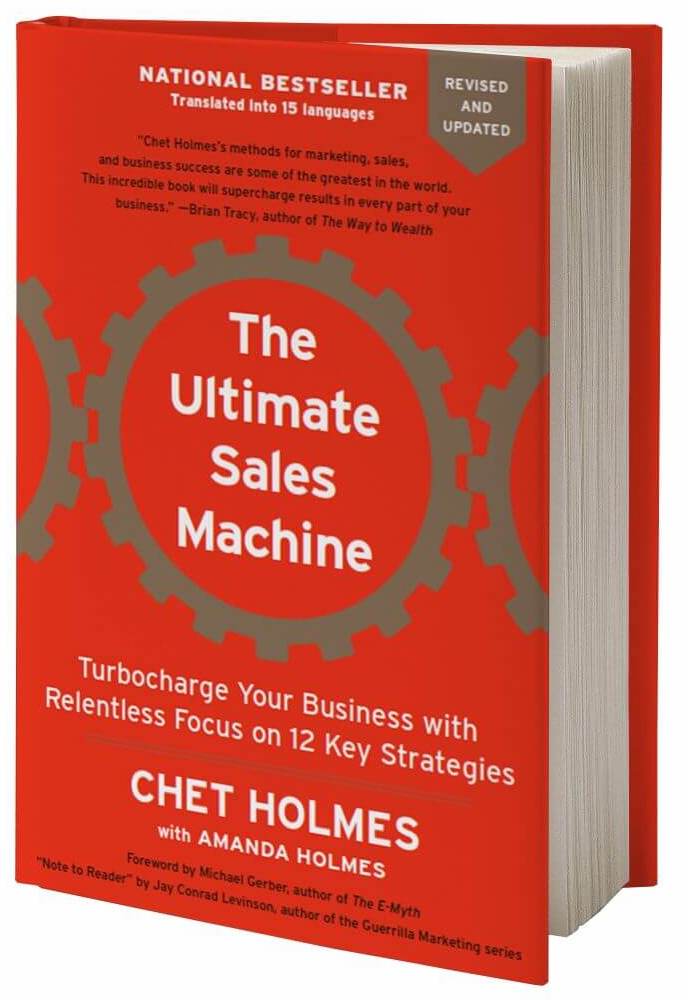 Amid the uncertainty of recessions, post-recessions, tax reform, healthcare, mobile technology, off-shoring, re-shoring, local, state and federal elections… Business leaders today find themselves at the mercy of an ever-changing marketplace, shaped by evolving technology, sophisticated consumers and an unsteady economy. Compounding that relentless progression are information outlets that constantly pump out new data. If business owners stop to pay attention to one, they risk falling behind in the others.
Amid the uncertainty of recessions, post-recessions, tax reform, healthcare, mobile technology, off-shoring, re-shoring, local, state and federal elections… Business leaders today find themselves at the mercy of an ever-changing marketplace, shaped by evolving technology, sophisticated consumers and an unsteady economy. Compounding that relentless progression are information outlets that constantly pump out new data. If business owners stop to pay attention to one, they risk falling behind in the others.
As a research director who’s equally passionate about helping businesses grow as I am about learning and harnessing the power of information, I see business owners struggling with this every day. Very few of my clients, large or small, have a formal function set up to access the right information at the right time, even though that’s the first and easiest step. The solution does not have to be complicated, but as we all know, taking the first step is the hardest part. What I evangelize are scale-able research functions that can assist with day-to-day operations as well as inform long-view strategy.
 Here are four general areas where research makes a positive impact:
Here are four general areas where research makes a positive impact:
1– Connect with customers on their turf. 87% of customers are not engaged (loyal, attached, Etc.) with the companies with which they do business. And yet, engaged customers deliver a 23% premium over average customers in share of wallet, profitability, revenue and relationship growth1.
One of the first things I establish with my clients at Empire Research Group is what they know about their customers. I ask them what they’ve heard from their long-standing customers, or to think about conversations they’ve had with their business peers. That gets the wheels turning, and it’s a great place to start compiling what you already know – or what you think you know. But imagine: instead of constantly being on the receiving end of that information, what if you could respond to that interaction with a fact that would really blow their socks off? Such a comeback is a powerful demonstration that you’re listening, you’re engaged, and you’re a partner who understands what they need.
On the other end of the scale, I hear from start-ups who are taking lots of shots in the dark as they begin to navigate their marketplace. With those clients, I help them begin to compile a repository of data and the analysis to go along with it. With hard facts in front of you, the lights will come on over the targets. You’ll have a clear line of site on the intersection where your ideas meet the market’s desires.
2 – Quit reinventing the wheel. Whatever you’re trying to do within your business, whether it’s attracting top level talent, making employees more productive, boosting sales, or improving logistics, the best practices have already been outlined somewhere. Information overload may have its downfalls, but having a treasure trove of pre-tested ideas at our fingertips is one of the benefits. Meaning don’t waste your invaluable time, energy and effort creating your own answer when the answers are not only already out there but have been proven time and time again.
3 – See the future coming with enough time to pivot and roll out preparations.
As the list of things to worry about has grown, likewise has the depth and quality of our news shrunk. 76% of small business owners name the effectiveness of government leaders as their #2 concern for 2014 (right behind health care benefits/costs at 77%)2. And yet the average political sound bite is now 9 seconds3. Stack a few sound bites together, and that’s the average depth of our news segments. That’s fine for the casual viewer – not for the competitive businessperson planning for their future livelihood. Business leaders need a comprehensive, actionable analysis of the macroeconomic trends that will affect their business.
4 – Know what the competition is doing. Why wait until you’re losing business to figure out what the other guys are doing better? We’re not just talking about reverse engineering the Coca-Cola formula; a simple competitive intelligence program would monitor the public output of direct competitors as well as other companies in the wider marketplace. I’ve helped start such programs for companies, and the first (and hardest) step is figuring out which companies or press outlets to monitor. Technology helps with the rest. No matter what system is set up for collection, though, the real value isn’t so much in what is found out today, but in combining that information over time to determine patterns and likely outcomes.
A McKinsey survey found that almost half of executives think they don’t spend enough time directing the strategic direction of their company4. Why? They’re stuck doing other things. For example, a survey of small business owners found they spend more than 20% of their time doing back office work like bookkeeping5. That means they’re lucky to be able to scan articles that cover their own industry once in awhile – asking them to carve out time to read about other industries can be a nearly impossible order. And yet,
“Performing regular analysis is guaranteed to yield those key data points or trends that inform strategy at its deepest levels and attract and retain valuable repeat buyers.”
Whether that research function is an outsourced consultant, a dedicated employee or a few hours sequestered on the calendar each week to review Google Alerts, the modern business owner will make harnessing that information overload into a priority that will truly allow them to work smarter, not harder.
by Allison Porch, Director of Research and Senior Project Director for Empire Research Group, a division of Chet Holmes® International™
Sources:
1 Global Customer Service Barometer, American Express and Echo, 2013
2 Small Business Owner Report, Fall 2013, Bank of America
3 The Incredible Shrinking Sound Bite, NPR, 2011
4 Making Time Management The Organization’s Priority, McKinsey Quarterly, 2013
5 Survey of Small Business Owners, ADP Research Institute, 2010





 Get your pre-sale copy of the new edition of The Ultimate Sales Machine! (With special limited time bonuses)
Get your pre-sale copy of the new edition of The Ultimate Sales Machine! (With special limited time bonuses)
0 Comments